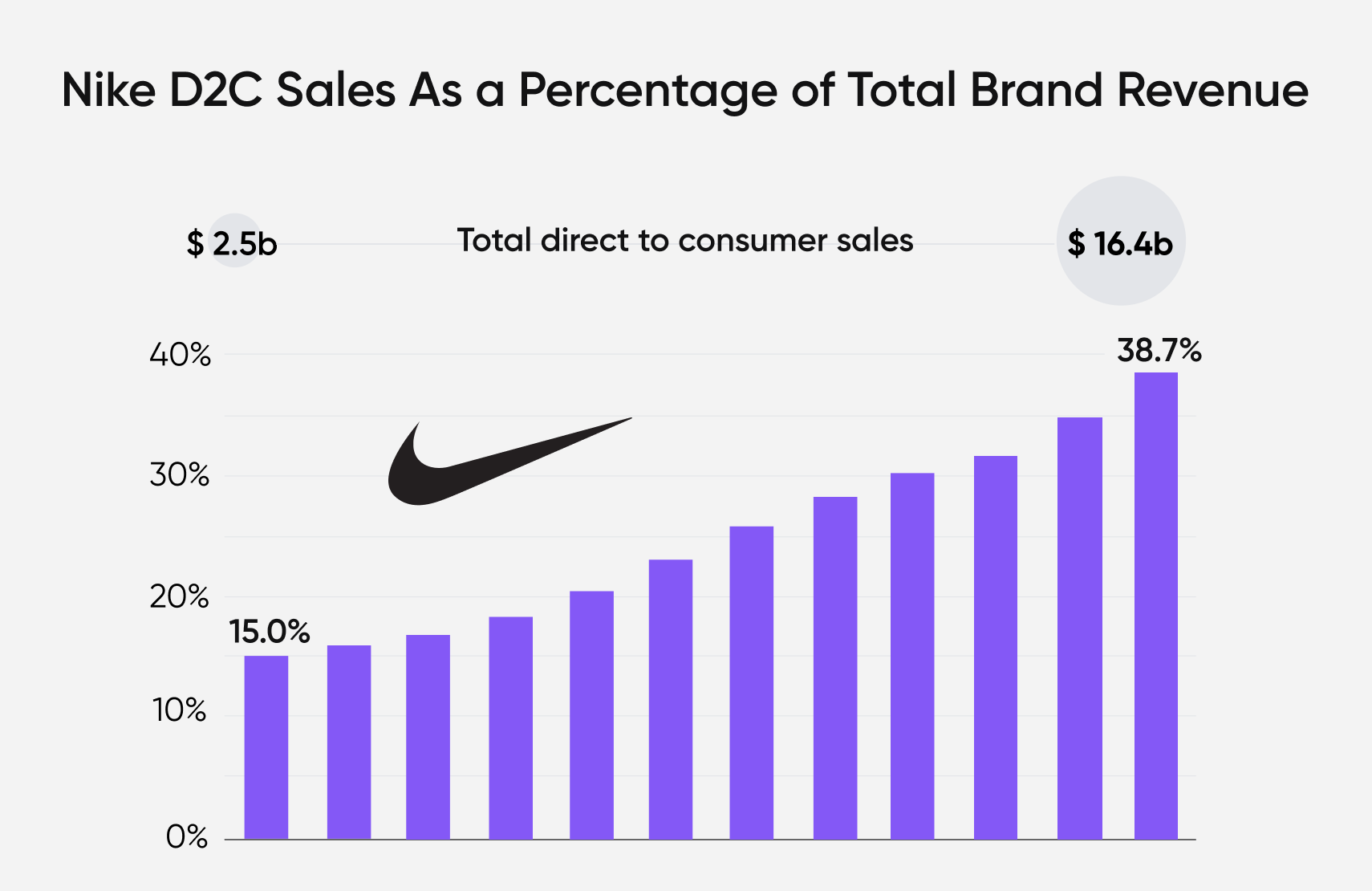The Canelo-Paul Fight: Turki Al-Sheikh's Mismanagement And Lost Revenue

Table of Contents
Flawed Marketing Strategy and Lack of Global Reach
The marketing campaign surrounding the Canelo-Paul fight suffered from a significant lack of global reach, severely limiting its potential audience. While some promotional efforts were undertaken, they lacked the strategic planning and execution necessary to capture the worldwide interest this fight deserved. The target audience, while seemingly broad, was not effectively reached.
- Insufficient social media engagement: The official social media campaigns were underwhelming, failing to generate significant buzz or engagement with potential viewers. A more robust, interactive strategy incorporating diverse content formats could have greatly increased awareness.
- Limited use of influencer marketing: The power of influencer marketing to reach specific demographics was largely untapped. Collaborating with prominent boxing personalities and celebrities could have exponentially broadened the reach of the promotional material.
- Poorly targeted advertising: Advertising campaigns lacked focus and precision, failing to effectively target key demographics interested in boxing or the individual fighters. A more sophisticated approach utilizing data-driven targeting could have improved ROI.
- Lack of multilingual promotional materials: A significant portion of potential viewers globally were missed due to the absence of multilingual promotional material. This severely limited the event's reach in non-English speaking markets.
Missed Sponsorship Opportunities and Underwhelming Brand Partnerships
Despite the potential for lucrative sponsorships, the Canelo-Paul fight secured underwhelming brand partnerships, resulting in a significant loss of potential revenue. The deals that were secured fell far short of what could have been achieved with a more proactive and strategic approach.
- Lack of attractive sponsorship packages: The offered sponsorship packages lacked creativity and appeal, failing to entice major global brands. More innovative and tailored packages, offering enhanced visibility and engagement opportunities, could have generated significantly more revenue.
- Missed opportunities with major global brands: The failure to secure deals with major international brands represents a critical oversight. A more comprehensive outreach strategy targeting these brands could have substantially increased sponsorship revenue.
- Ineffective negotiation strategies: Negotiations with potential sponsors appear to have lacked skill and effectiveness, resulting in suboptimal deals. A more robust negotiating team with experience in securing high-value sponsorships could have yielded significantly better results.
- Poor communication with potential sponsors: Lack of clear and consistent communication with potential sponsors likely deterred many from committing to the event. Effective communication is vital in building trust and confidence.
Poor Ticket Sales and Venue Selection
The ticket sales for the Canelo-Paul fight were significantly below expectations, indicative of a flawed strategy and poor execution. The choice of venue also played a crucial role in this shortfall.
- High ticket prices deterring potential buyers: Excessively high ticket prices priced out many potential attendees, significantly reducing ticket sales. A more competitive pricing strategy could have attracted a larger audience.
- Unfavorable venue location impacting accessibility: The location of the venue may have negatively impacted accessibility for a significant portion of potential buyers, further hindering ticket sales. A more strategically chosen venue could have greatly improved attendance.
- Lack of effective ticket sales promotion: The promotion of ticket sales was insufficient, failing to generate the necessary demand. A more targeted and robust campaign utilizing multiple channels could have significantly improved sales.
- Poor communication regarding ticket purchasing: Confusing or inadequate information surrounding ticket purchasing likely deterred many potential buyers. Clear and easy-to-understand information is critical for effective ticket sales.
The Impact of Political and Geopolitical Factors
The political and geopolitical landscape surrounding the event also played a significant role in its diminished success. Saudi Arabia's international image and ongoing geopolitical tensions impacted potential sponsors and viewers alike.
- Concerns regarding human rights: International concerns regarding human rights in Saudi Arabia negatively influenced the willingness of some sponsors and viewers to associate with the event.
- Geopolitical tensions impacting international broadcasting rights: Geopolitical tensions may have complicated the securing of broadcasting rights in various regions, further restricting the event's reach and potential revenue.
- Negative media coverage affecting public perception: Negative media coverage surrounding the event, amplified by concerns over human rights and geopolitical issues, negatively affected public perception and reduced audience interest.
The Canelo-Paul Fight: Assessing the Damage and Lessons Learned
In conclusion, the Canelo-Paul fight's underperformance highlights a significant failure in event management. Flawed marketing, missed sponsorship opportunities, poor ticket sales, and the impact of geopolitical factors all contributed to substantial lost revenue. While precise figures are difficult to ascertain, the potential revenue loss could be in the millions. This event serves as a stark reminder of the importance of meticulous planning, effective execution, and a deep understanding of the broader geopolitical and social context in maximizing revenue for high-profile boxing events. We encourage readers to conduct further Canelo-Paul fight revenue analysis, focusing on how effective boxing event management can lead to maximizing boxing event revenue.

Featured Posts
-
 Bredli Kuper I Leonardo Di Kaprio Pochemu Druzhba Zakonchilas
May 05, 2025
Bredli Kuper I Leonardo Di Kaprio Pochemu Druzhba Zakonchilas
May 05, 2025 -
 Britains Got Talent Teddy Magics Unexpected Exit And Simon Cowells Response
May 05, 2025
Britains Got Talent Teddy Magics Unexpected Exit And Simon Cowells Response
May 05, 2025 -
 Alex Pereiras Heavyweight Path Dana White Hints At Ufc 313 Showdown With Jon Jones
May 05, 2025
Alex Pereiras Heavyweight Path Dana White Hints At Ufc 313 Showdown With Jon Jones
May 05, 2025 -
 Kentucky Derby 151 Key Information And Betting Tips Before The Race
May 05, 2025
Kentucky Derby 151 Key Information And Betting Tips Before The Race
May 05, 2025 -
 Foxs Direct To Consumer Streaming Ambitions A Leadership Change
May 05, 2025
Foxs Direct To Consumer Streaming Ambitions A Leadership Change
May 05, 2025
